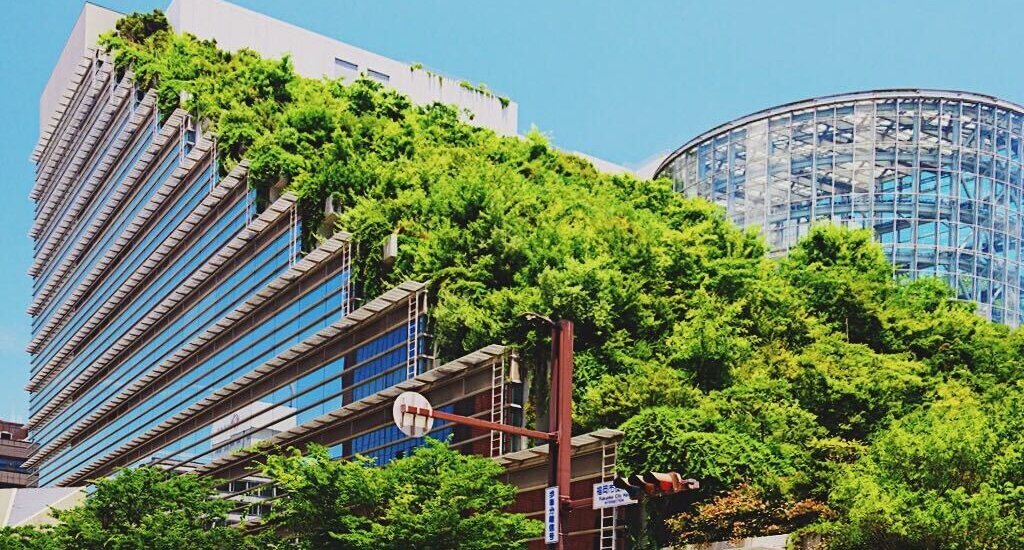Sustainable Development Goals (SDG)

What are Sustainable Development Goals (SDGs)?
The Sustainable Development Goals (SDG) were established in 2015 by the United Nations General Assembly and are a compilation of 17 agreements made by 193 countries to work toward achieving in order to “transform the world by 2030.”
- End poverty in all its forms.
- End hunger, achieve food security, improved nutrition and promote sustainable agriculture.
- Ensure healthy lives and promote well-being for all ages.
- Ensure inclusive and equitable quality education and promote lifelong learning opportunities for all.
- Achieve gender equality and empower all women and girls.
- Ensure availability and sustainable management of water and sanitation for all.
- Ensure access to affordable, reliable, sustainable, and modern energy for all.
- Promote sustained, inclusive, and sustainable economic growth, full and productive employment, and decent work for all.
- Build resilient infrastructure, promote inclusive and sustainable industrialization and foster innovation.
- Reduce inequality within and among countries.
- Make cities and human settlements inclusive, safe, resilient and sustainable.
- Ensure sustainable consumption and production patterns.
- Take urgent action to combat climate change and its impacts.
- Conserve and sustainably use the oceans, seas, and marine resources for sustainable development.
- Protect, restore and promote sustainable use of terrestrial ecosystems, sustainably manage forests, combat desertification, halt and reverse land degradation and halt biodiversity loss.
- Promote peaceful and inclusive societies for sustainable development provide access to justice for all, and build effective, accountable and inclusive institutions at all levels.
- Strengthen the means of implementation and revitalize the global partnership for sustainable development.
Why is it important to have SDGs?
The ultimate goal of SDGs is to create a better world, where sustainability, safety and equality are the driving forces behind business decisions.
Investors see companies utilizing SDGs as taking the initiative toward a more sustainable future.
Click here to read more about how the UN’s SDGs bring positive change to global businesses.
How can we implement SDGs at my company?
Implementing SDGs into your business practices can look different depending on the industry you are in, but in general, SDGs can be set within your company by:
- Defining priorities by mapping the value chain to identify impact areas
- Setting goals and identifying KPIs
- Integrating sustainability goals within the business, and across all functions
- Reporting and communicating on SDG Performance
What are some specific SDG targets and how are they linked to EcoVadis methodology?
The EcoVadis assessment integrates into the SDGs in a number of ways, such as energy consumption, waste, direct and indirect greenhouse gas emissions, injury rate, and lost day rate.
Here are some relevant SDG targets:
- By 2030, reduce the per capita environmental impact of cities
- By 2030, double the global rate of improvement in energy efficiency
- By 2030, increase the share of renewable energy in global consumption
- Integrate climate change measures into national policies, strategies, and planning
- Improve education, awareness, and institutional capacity on climate change mitigation
Key takeaways
- The 17 sustainable development goals were created by the UN in order to “transform the world.”
- Focusing on SDG-related outcomes allows investors to not only protect their reputation, but to contribute toward a global commitment to raising sustainability and equality throughout every industry.
- The integration of the SGDs into EcoVadis assessments helps to align individual company objectives with a global initiative toward a sustainable future.